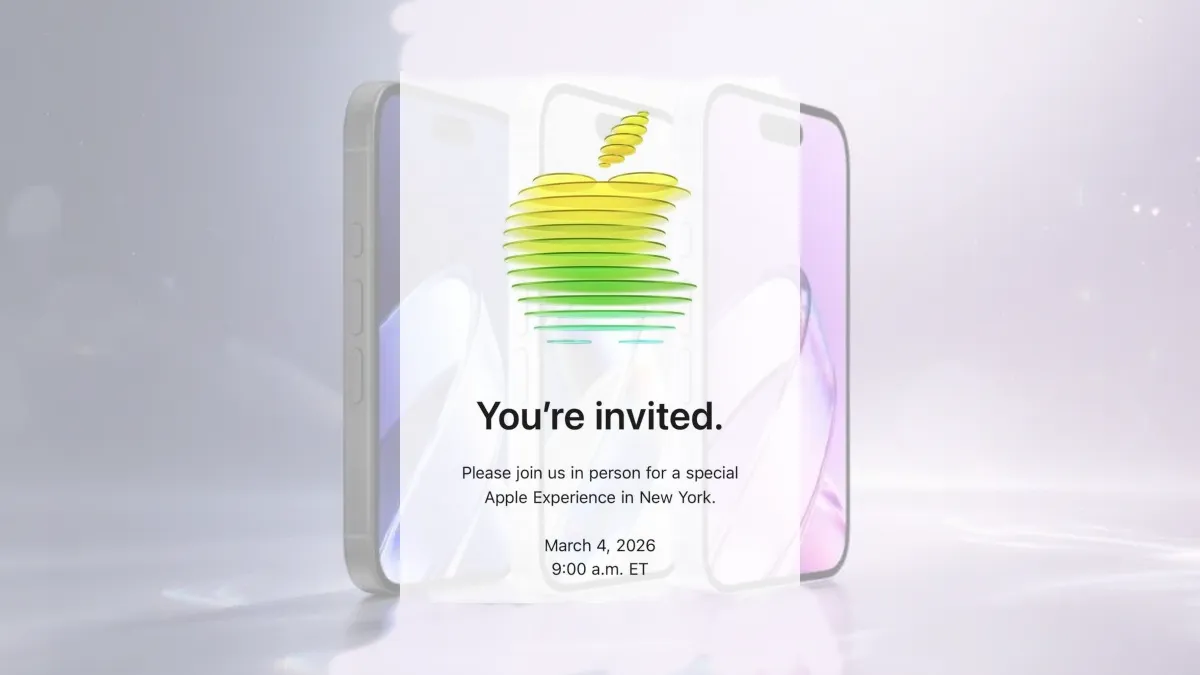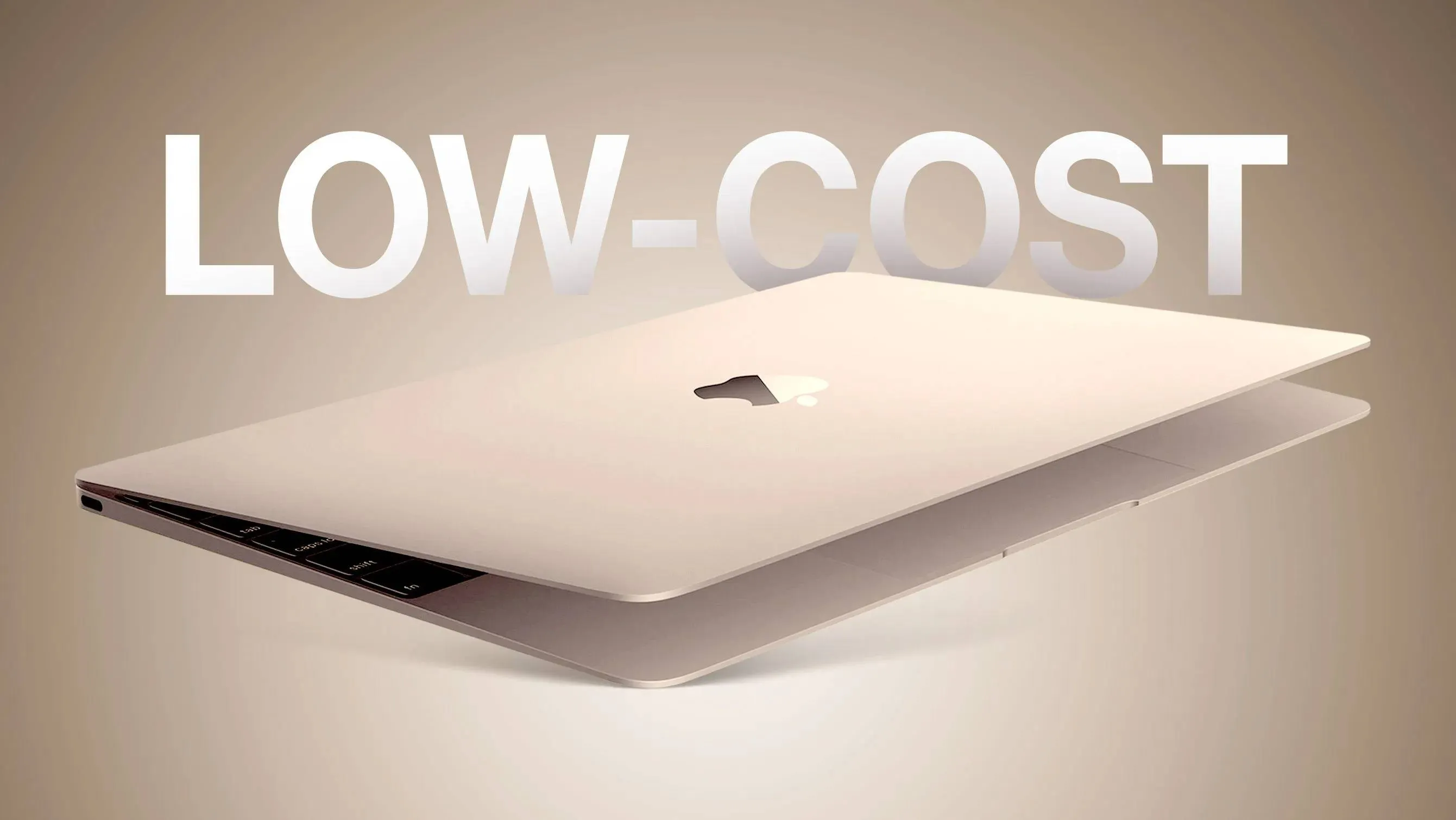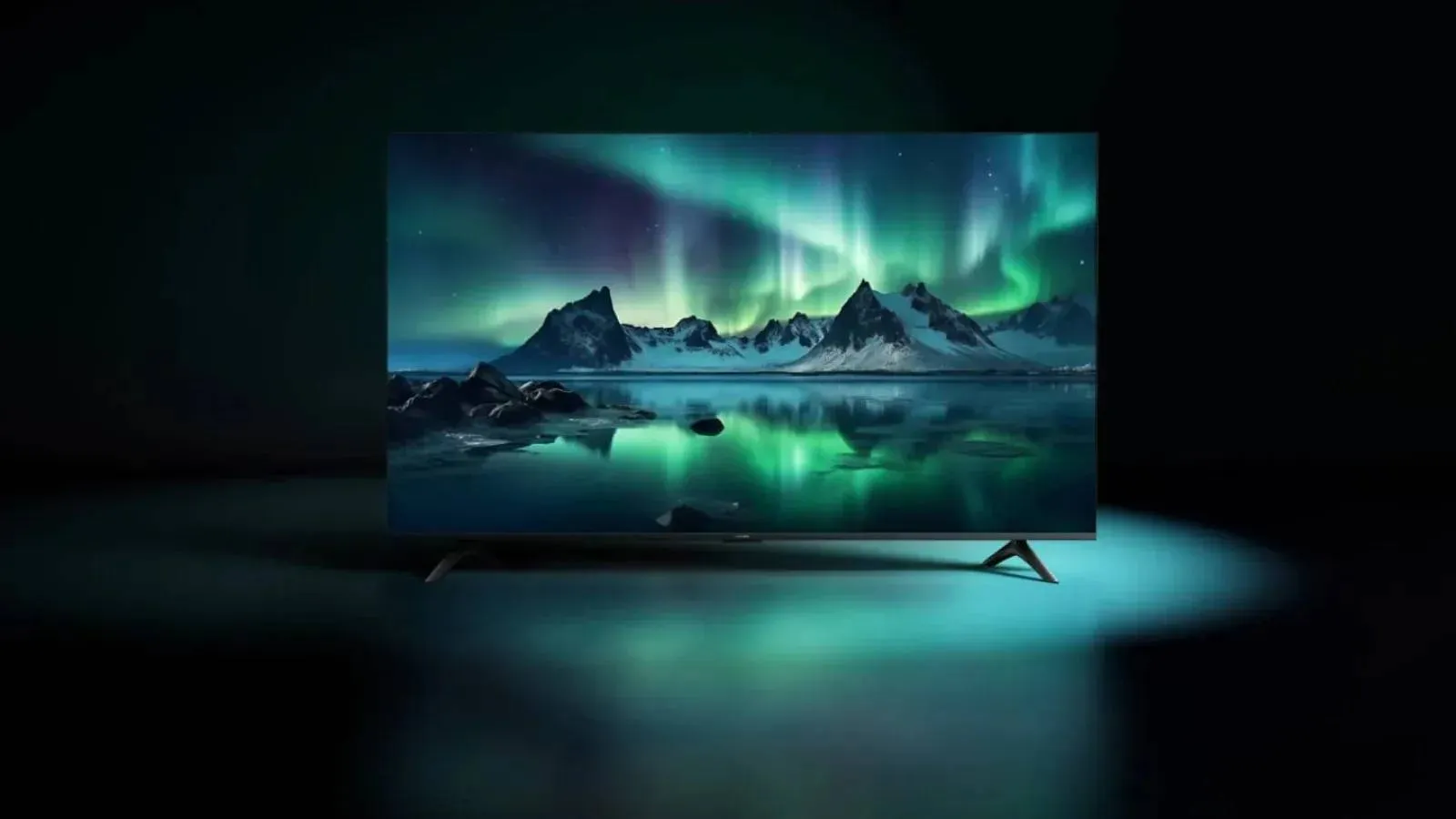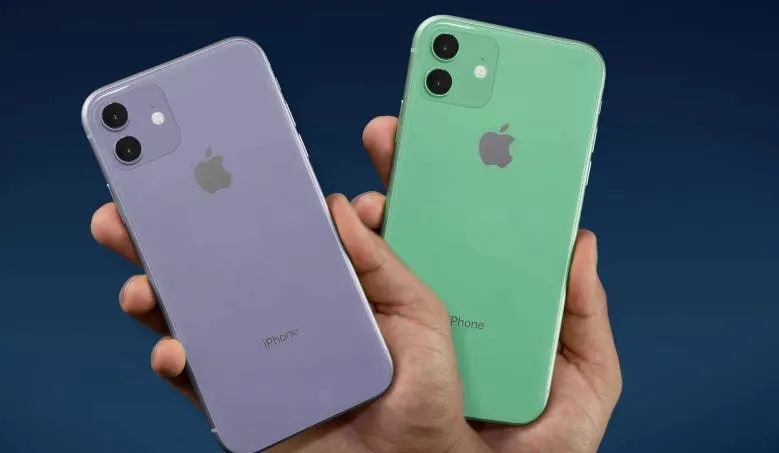
From July 1st, Japan suddenly announced that Fluorine Polyimide, core material photoresist in semiconductor manufacturing and high-purity hydrogen fluoride (Etching Gas) will not be given preferential treatment when exported to Korea. The exporter must be licensed each time it is shipped, and it takes about 90 days to get the license. Such adjustments have caused great trouble for Korean OLED panel manufacturers because there is a high probability that there will be a break. As the core supplier of iPhone OLED screen, Samsung may not be able to meet up with supply with the new laws. Thus, it becomes imperative that Apple looks for new manufacturers to join the supply team.
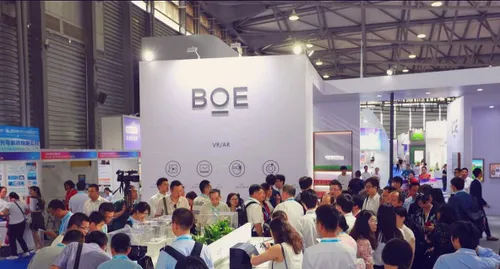
According to reports, Apple will introduce a new OLED screen supplier for the next generation of iPhone products, and this supplier is BOE. Existing iPhone screens have separate touch-sensitive layers that are located on the very surface of the actual display. However, Samsung's next-generation design uses a touch-integrated flexible OLED screen, eliminates the need for a separate touch-sensitive layer. Such a screen is lighter and thinner, and the production cost can be lower.
According to South Korean media reports, Chinese screen maker BOE is also investing in the same technology. The company is China's largest screen manufacturer, BOE has already received orders from Huawei and is hoping to win Apple's favor. The company has produced screens for iPads and MacBooks, and has spent billions of dollars on Apple’s previous campaigns, and even proposed a dedicated production line for iPhone screens.
Loading
